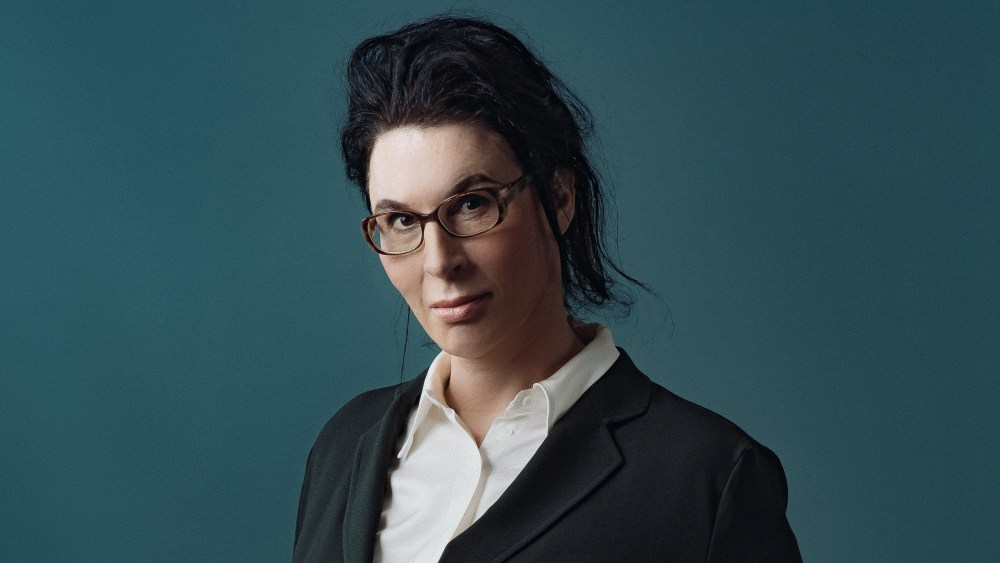In 2024, Coty showcased a vibrant commitment to its fragrance sector, even as it faced hurdles from sluggish demand in Asia and tight inventory in the United States. The latest earnings report painted a mixed picture for the beauty company, revealing that despite strong initiatives within the fragrance category, these efforts were not sufficient to overcome challenges posed by these market pressures. The competitive landscape meant Coty had to navigate carefully, balancing innovative product launches with external market reactions.
Fragrance has increasingly become a cornerstone of Coty’s growth strategy, leading the company to forge long-term partnerships with prestigious brands such as Swarovski, Marni, and Etro throughout the year. Moreover, Coty embraced fresh collaborations, notably with Lena Gercke, a well-known German television presenter and model, resulting in the launch of a mass-market fragrance line under her LaGer brand in Germany. These alliances highlight Coty’s aim to enhance its portfolio by integrating popular shades of luxury and accessibility, appealing to a broader spectrum of consumers.
In an effort to further strengthen its fragrance offerings, Coty introduced a variety of new scents, including the premium Infiniment Coty Paris collection. This line stands out due to its innovative use of Molecular Aura technology, a patent-pending advancement from Coty designed to extend the longevity of fragrances, allowing them to last up to an impressive 30 hours. This scientific approach to scent longevity positions Coty not just as a fragrance maker but as an innovator in the beauty industry, emphasizing the importance of lasting impressions in a competitive market.
Coty celebrated the launches of notable fragrances such as Cosmic Kylie Jenner, marking Kylie Cosmetics’ inaugural entry into the perfume market. Additionally, Burberry Goddess, which debuted in 2023, became the company’s most successful launch to date, earning accolades as the number-one new women’s fragrance in several countries, including the U.S., Canada, and Germany. This success, coupled with robust growth in other Burberry product lines, contributed substantially to a 50% increase in Burberry’s total reported net revenues for the fiscal year ending June, illustrating the brand’s enduring appeal and the efficacy of Coty’s marketing strategies.
The momentum surrounding Hugo Boss propelled it to become the second-best men’s fragrance brand in Europe in the latter half of the year, demonstrating Coty’s ability to capture market share and resonate with consumers. Concurrently, Marc Jacobs Daisy Wild emerged as the top fragrance launch in the U.K. for the calendar year, showcasing Coty’s knack for identifying and capitalizing on emerging trends in the beauty landscape. While there was lively growth observed in both the prestige and mass fragrance segments during the latter half of 2024, Coty acknowledged that the mass beauty market was slowing, particularly with ongoing challenges in the Asia-Pacific region affecting overall sales performance.
The consumer beauty segment, featuring brands like Covergirl, Max Factor, and Rimmel, experienced an 8% decline in net revenue for the last quarter of 2023, attributed to waning demand for color cosmetics and body care products. Fortunately, growth in mass fragrance provided some relief, ensuring that Coty remained robust in crucial areas. Meanwhile, the prestige skin care segment saw Lancaster achieve double-digit growth, particularly due to the introduction of its Golden Lift line. Philosophy tapped into social media effectively, resulting in a quadrupled earned media value, while Orveda expanded its footprint with new outposts in New York and Paris, showcasing Coty’s strategic focus on innovation and market expansion.
Sales gains in Europe, the Middle East, and Africa (EMEA), particularly in the U.K., Ireland, Spain, Portugal, and Africa, marked a significant bright spot for Coty during this period. However, revenue in the Americas suffered, primarily due to a sluggish color cosmetics market in the U.S. and lower body care sales in Brazil. An alarming 8% revenue drop in Asia-Pacific further underscored the ongoing challenges in markets like China and travel retail. Additionally, the reduction in inventory created ripple effects across the business. A noteworthy change in leadership occurred in February 2024 when Gordon von Bretten, previously the chief transformation officer, became a partner at JAB, Coty’s majority shareholder, and was appointed to the company’s board in April, signaling a continued commitment to transformation and strategic growth.

